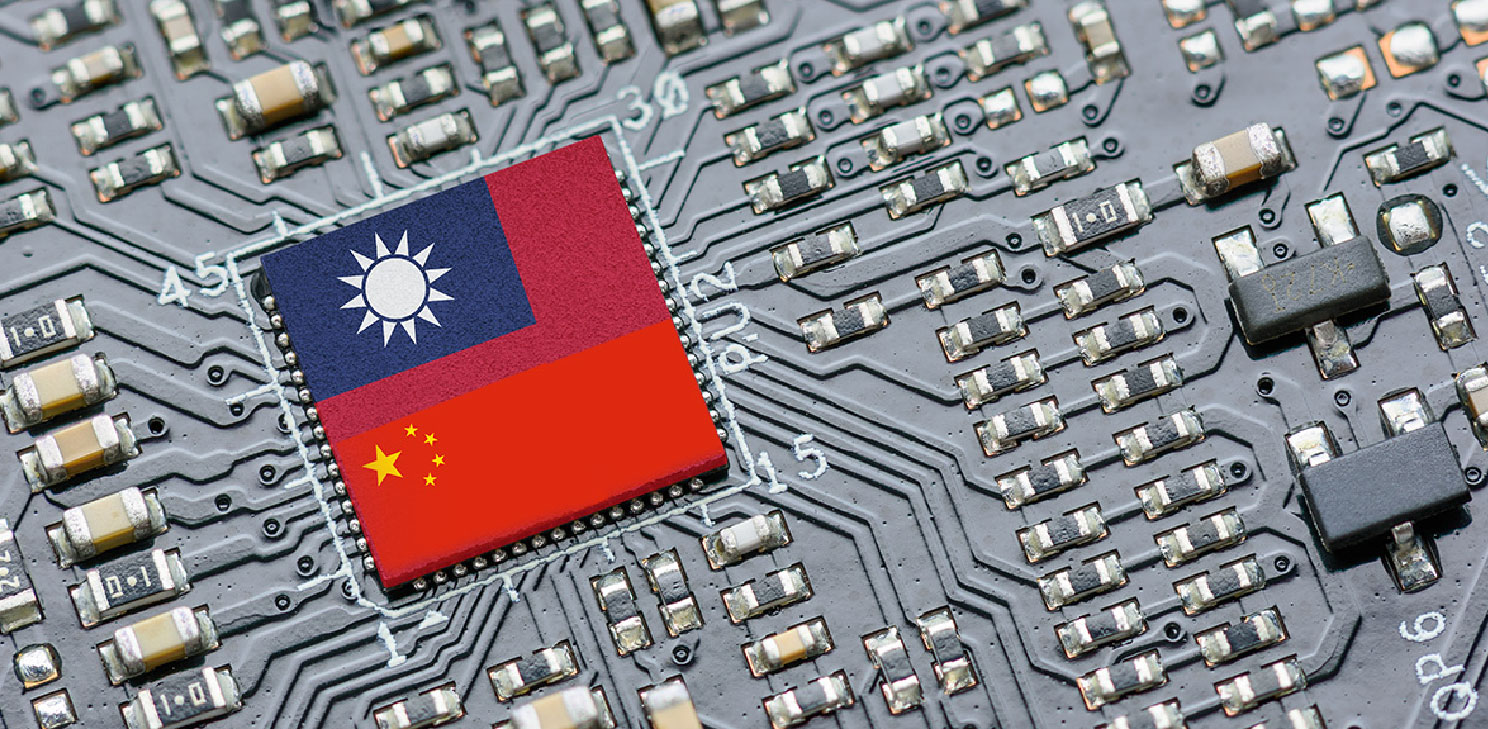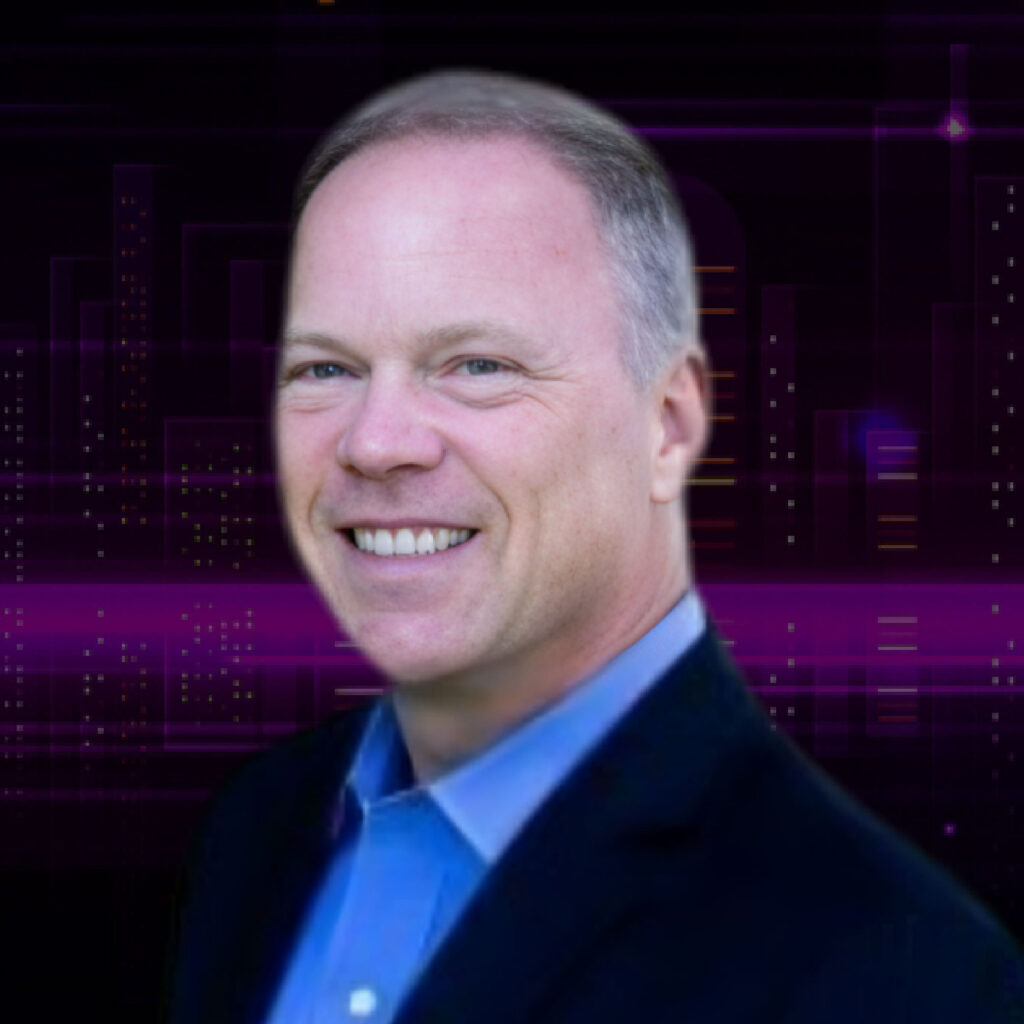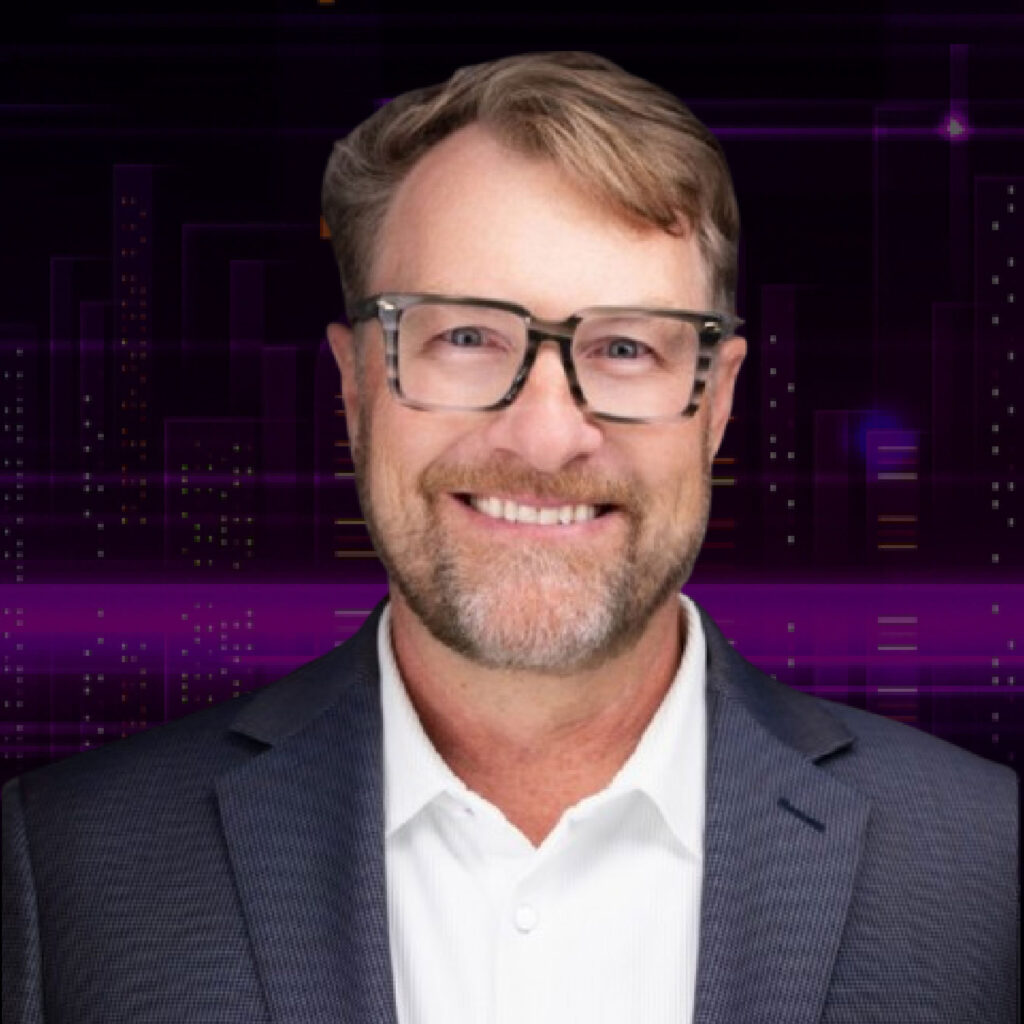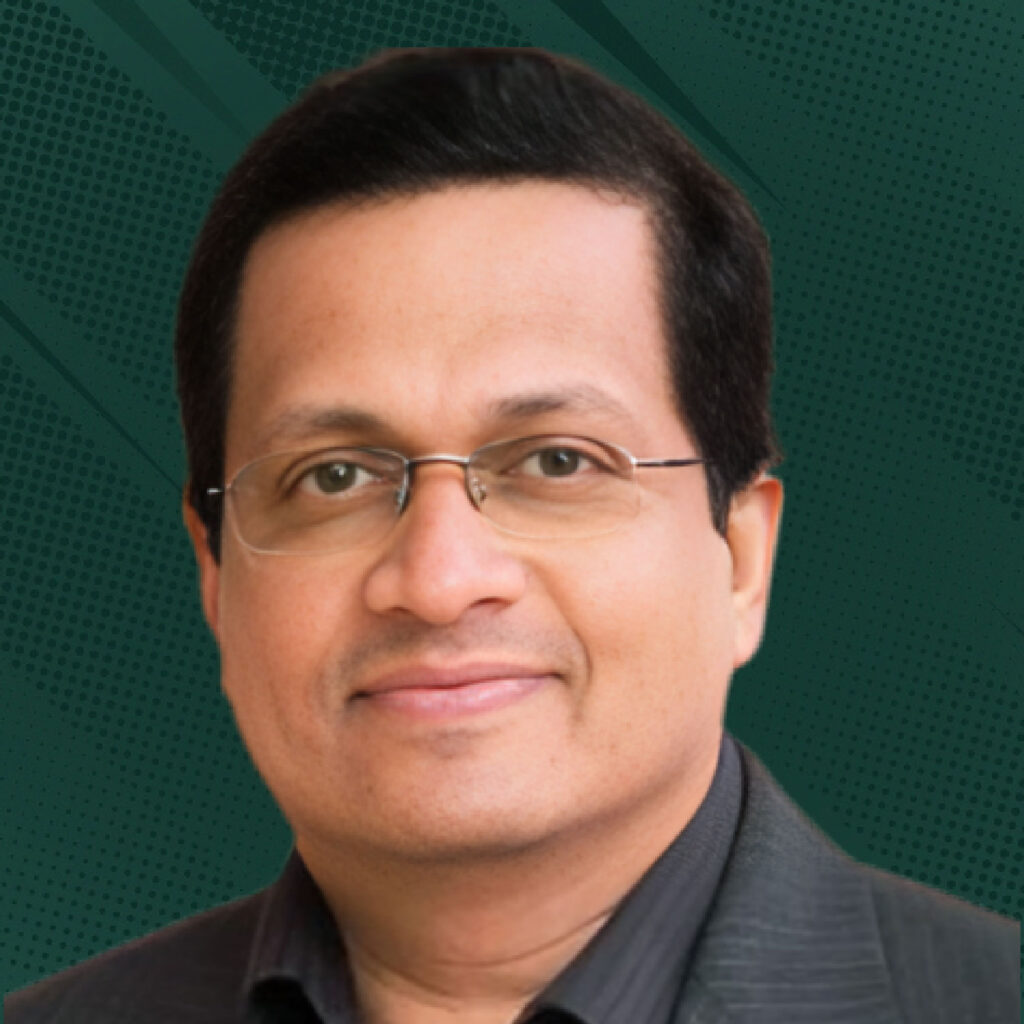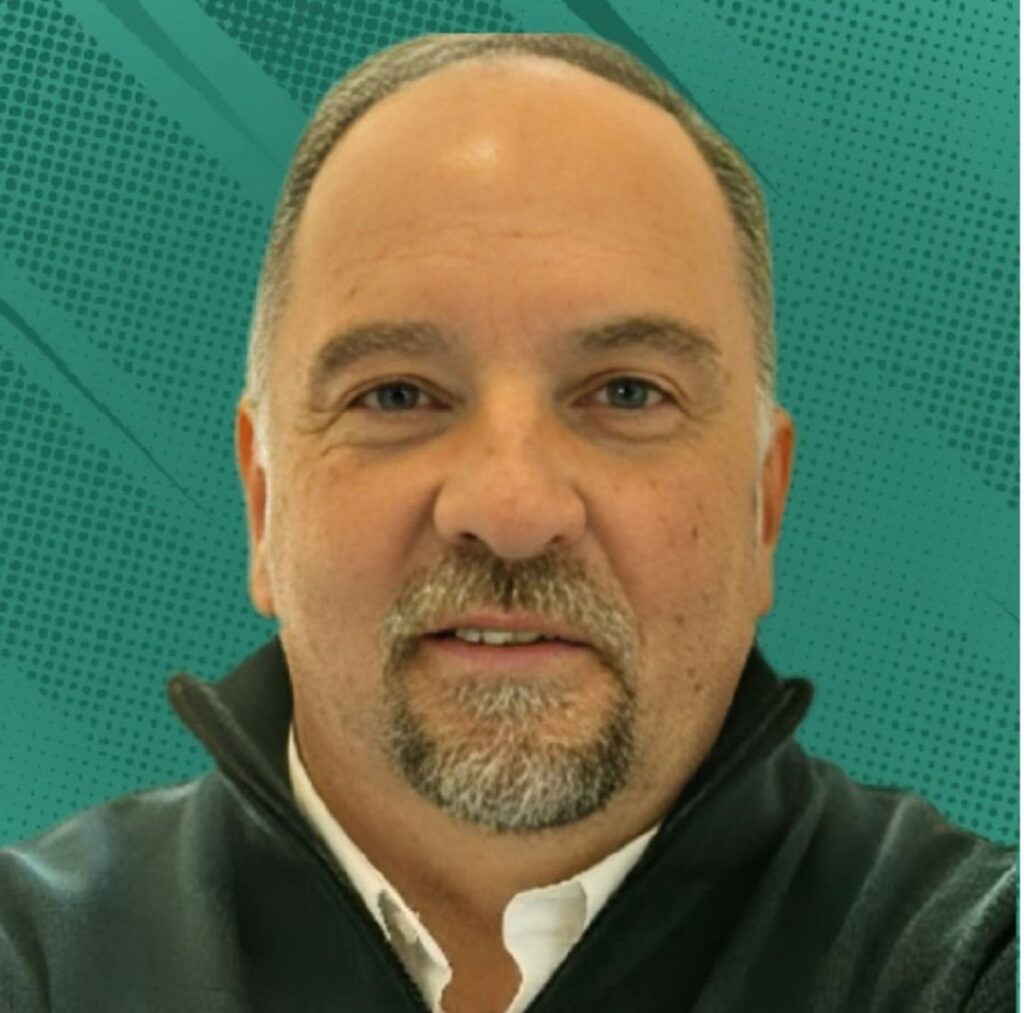With the growing emphasis on energy efficiency and the reduction of emissions, hybrid powertrain technology is gaining prominence in the off-highway vehicle sector. Due to the heavy loads, low speeds, and variable operational patterns characteristic of construction machinery, a fully electric powertrain may not be the ideal solution. As a result, to address the substantial fuel consumption linked to construction equipment, there is a rising interest in hybrid powertrain technology from both manufacturers and governmental organizations.
Hybrid and electric systems comprise a complex network of components, each contributing to the system’s functionality and performance in unique ways. The heart of any hybrid system is its power source, which stores and/or delivers energy to drive the equipment’s propulsion and auxiliary systems. The selection of an appropriate power solution depends on factors such as application type and usage profile, weight and space constraints, regulations, safety considerations, redundancy needs, maintenance requirements, cost, available infrastructure (e.g., charging and fuel availability), and environmental impact (e.g., emissions, noise). Further considerations within each option are influenced by available and emerging technologies (e.g., energy density, battery chemistry, battery charge and discharge rates, alternate fuels). A diesel-electric hybrid is simply a machine or vehicle with a downsized internal combustion engine (ICE) that uses the flywheel to power a generator and batteries, providing electrical power to the wheels, tracks and hydraulics.
Hybrid construction machines offer plenty of advantages besides fuel savings and lowered emissions such as an instantaneous response of electric motors means that your machine is always running at the optimal speed, without the need to rev up the engine or switch to power mode for heavy digging. Traction control also adjusts instantly and automatically with precise small gradations on wheeled machines. Fuel economy is further aided thanks to regenerative braking on wheeled machines that add power back to the system whenever the vehicle travels downhill. Brushless motors and AC final drives require less maintenance and, as a general rule, have longer warranties than traditional transmissions. Hybrid vehicles can use their electrical capacity to power peripheral systems that normally draw power via the fan belt, allowing horsepower to be reserved for the loading, lifting or travel functions. Electrification also improves data capture opportunities as battery-powered equipment generates more data than diesel-only equipment and provides deeper connectivity. This leads to improved diagnostics and the development of new service and aftermarket models.
4e-consulting, a company owned by DZOMUSA EXPO exhibitor the ZAPI GROUP, offer services to companies looking to transition to hybrid powertrains architecture for their off-highway vehicles. 4e-consulting offers proprietary software that can simulate all possible hybrid configurations applied to any kind of powertrain architectures as utilized in non-road mobile machinery: from pure traction to the most complex mix of hydraulic transmission, power take-offs, hydraulic implements, electric implements etc. They can also build a running hybrid prototype of the machinery for customers to prove the quality of the solutions and confirm the promised expectations. With their tools, long experience in hybrid-architecture applications and an extensive background of cases, they can recommend the most appropriate hybrid arrangement, predicting the technical performance, the cost impact and end-user benefit of the solution.
Hybridisation presents considerable energy savings potential and a reduction of emissions compared to machinery using diesel powertrains. However, as regulations worldwide and technology advance to favour a zero-emissions future for off-highway vehicles hybridisation can be used as bridging technology until the complete electrification of construction machinery. To meet 4e-consulting as well as other exhibitors innovating for hydrogen-powered off-highway vehicles, hear from industry leaders and network with peers, attend the DZOM EXPO, taking place at the Donald E. Stephens Convention Centre in Chicago, IL, on December 3–4, 2024.
For more information, visit our website or email us at info@innovatrix.eu for the event agenda
